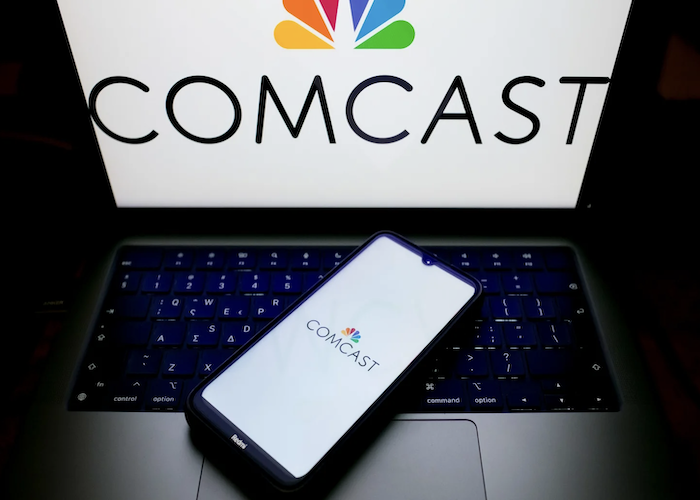Comcast’s announcement to spin off its NBCUniversal cable networks, excluding Bravo, into a separate publicly traded entity has sparked discussions about the future of the media industry. The move comes amid growing uncertainty about the sustainability of traditional cable networks as consumers increasingly shift towards streaming services.
Following the announcement, Comcast shares experienced modest gains, reflecting a cautious optimism among investors. The spinoff is seen as a strategic effort to divest from declining assets, with hopes that this will enhance the overall value of Comcast’s remaining operations. While cable networks remain profitable, they are facing significant subscriber losses and revenue declines, which have become a drag on Comcast’s stock performance. Wall Street typically favors companies with robust growth prospects, making the shedding of underperforming assets a potentially wise move.
However, the implications of the spinoff remain unclear. The NBCUniversal cable networks generated approximately $7 billion in revenue over the past year, a small fraction compared to Comcast’s total revenue of about $116 billion. This raises questions about whether investors will view the newly formed entity, temporarily dubbed “SpinCo,” as an attractive investment, especially if it is perceived as a collection of declining assets.
In contrast to Comcast, Disney opted against spinning off its cable assets, recognizing that the revenue lost from profitable networks would outweigh any potential benefits from a separate valuation. Disney’s cable channels, such as FX and Disney Channel, are more closely integrated with its streaming services compared to NBCUniversal’s cable networks and Peacock.
The new SpinCo could provide a steady cash flow and potentially pay dividends to investors looking for income from established but declining assets. This strategy aligns more closely with private equity approaches, suggesting that the future of cable networks may lie in private ownership willing to extract cash from these properties.
There is also the possibility that SpinCo could forge new partnerships with streaming platforms, allowing for more flexible licensing agreements that could enhance revenue streams. Mark Lazarus, the incoming CEO of SpinCo, may be able to reposition these networks to thrive independently of NBCUniversal.
Additionally, Comcast’s decision to create SpinCo with low debt could position it as a potential acquirer of other cable networks, such as those under Warner Bros. Discovery or Paramount Global, as the industry faces increasing pressure to consolidate.
The broader motivation behind Comcast’s spinoff may be to signal to the media industry that consolidation is necessary. Kevin Mayer, co-CEO of Candle Media and a former Disney executive, emphasized that the revenue generated by traditional cable businesses is insufficient to cover operational costs, a sentiment echoed by Warner Bros. Discovery CEO David Zaslav, who called for meaningful consolidation in the industry.
In this context, even if SpinCo struggles as a standalone entity, the very act of initiating change could be seen as a positive step. As the media landscape evolves, Comcast’s move may encourage other companies to reconsider their strategies and embrace consolidation as a path to greater sustainability.
Finally, if Comcast aims to pursue significant mergers in the future, such as acquiring Charter Communications, divesting from certain assets like MSNBC could alleviate regulatory concerns, especially in a politically charged environment.
Comcast shares closed the day up 1.5%, reflecting a cautious but optimistic outlook among investors amid the media industry’s ongoing transformation.
Related Topics:


